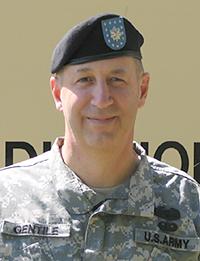Jones, Ishmael, The Human Factor: Inside the CIA’s Dysfunctional Intelligence Culture, Encounter Books, 2008, 383 pp.
This book is the career memoir of a former Marine and stock broker who entered the “non-State Department” clandestine service of the CIA and was a deep cover case officer from the ’90s through the late ’00s. It covers the story of his training, deployment, and activities overseas focusing on radiological and biological weapons of mass destruction (WMD) in the course of tours in the Middle East, Eastern Europe, Russia, and finally a “combat tour” in Iraq. Serving overseas with his wife and children under the cover of a “software solutions expert,” he contacted disaffected or bribe-able scientists and business-people from rogue nations. By casting his inquiries as commercial and academic opportunities, he was able to gather a steady stream of intelligence on WMD programs in the Third World.
The central theme of the book, however, is how staff at the home office (from top to bottom) either intentionally or inadvertently got in the way of his doing an effective job. Most authors are the hero of their memoirs but Jones does an admirable job of giving his pride in his accomplishments a reasonable airing without masking the real value of his book. The CIA is a large modern business with a primary mandate to stay out of the newspapers and off TV. How it does so is a tale both depressing and all too familiar.



 journalists and officers have been deeply involved, the bitter discussion characterized as “COINdinista vs. Big War crowd” debate is
journalists and officers have been deeply involved, the bitter discussion characterized as “COINdinista vs. Big War crowd” debate is